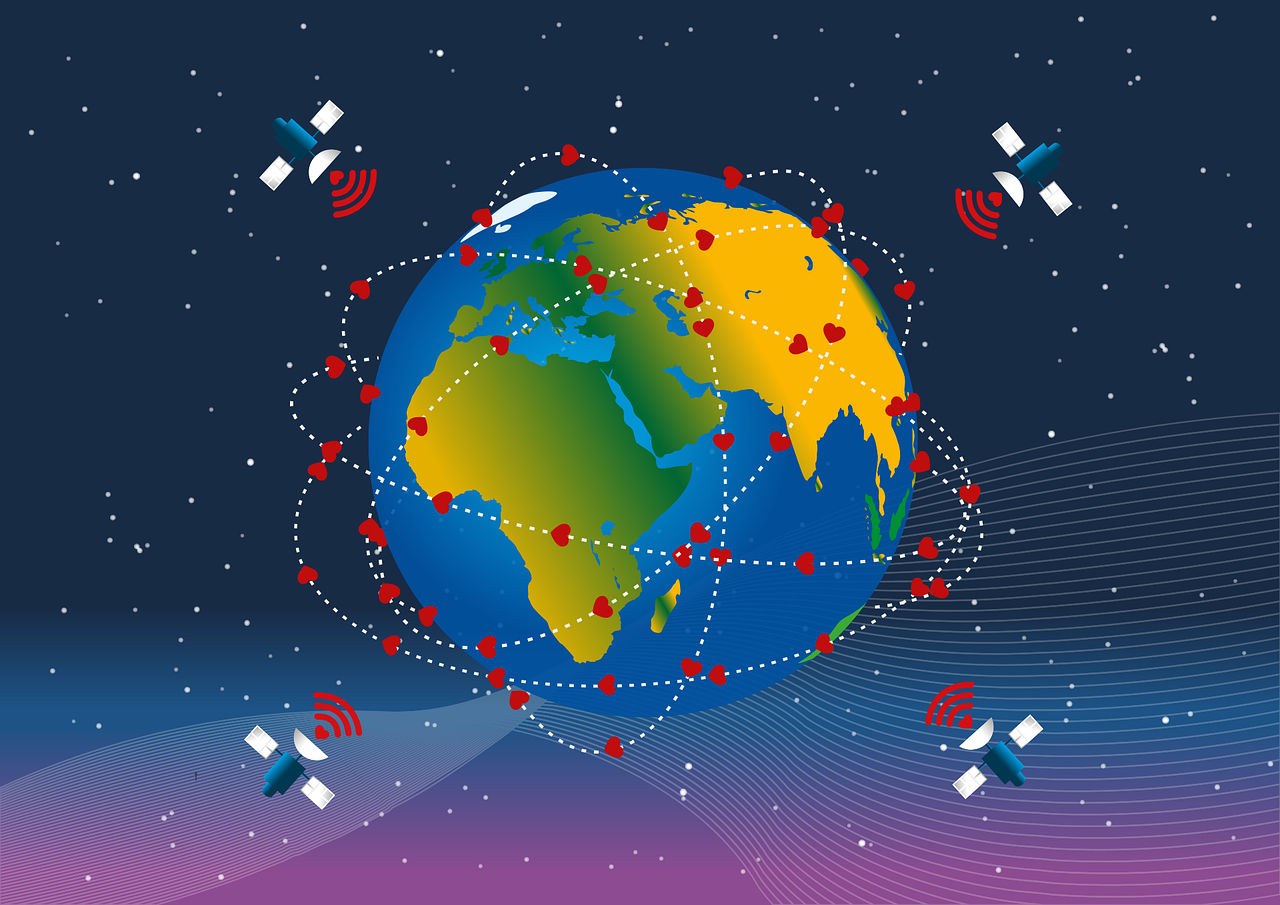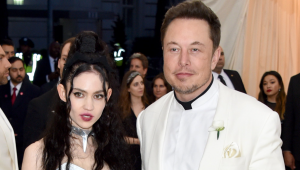Tesla and SpaceX founder Elon Musk‘s satellite internet project, Starlink, has told customers in India that it has been instructed by the Indian government to refund all pre-orders till the time it receives licences to operate in the country.
The Indian government, for its part, had advised Indians to not subscribe to Starlink as the company does not yet have a commercial licence, and the government had also instructed Starlink to refrain from taking new bookings.
Reportedly, Starlink had received more than 5,000 pre-orders from India for its devices, but told its Indian customers that it was working to resolve licensing issues in India.
Also read | Tesla faces pressure from activists to shut new Xinjiang showroom
According to Reuters, Starlink sent an email to Indian customers, saying, “Unfortunately, the timeline for receiving licences to operate is currently unknown, and there are several issues that must be resolved with the licensing framework to allow us to operate Starlink in India. As has always been the case, you can receive a refund at any time. The Starlink team is looking forward to making Starlink available in India as soon as possible.”
Last month, Sanjay Bhargava, Starlink Country Director, India at SpaceX, had put up a post on LinkedIn, saying, “We hope to have applied for a commercial license on or before 31st January 2022 (unless we hit some major roadblock).”
Also read | CES 2022: What will be on display at the world’s biggest electronics expo?
The company had also said that if it managed to roll out its services by April 2022 after resolving licensing issues, it planned to sell more than 200,000 devices in India by the end of December 2022.
Starlink, which falls under SpaceX, is one of the companies currently launching satellites to establish a low-Earth orbit network for providing low-latency internet services, especially to parts of the world where land-based connectivity is poor or non-existent. Given India’s population and the rapid rate of internet adoption, Starlink considers it to be a promising market, and has said that it expects 80% of its devices to be in rural India.







